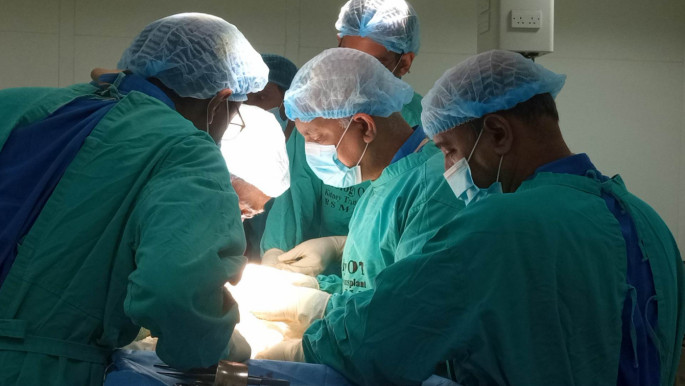Syllabus:
GS3: Achievements of Indians in science & technology; indigenization of technology and developing new technology.
Content:
AIIMS Raipur successfully performed Chhattisgarh’s first Swap Kidney Transplant also known as Kidney Paired Donation (KPD).
More on the News
- AIIMS Raipur becomes the first among the newer AIIMS institutions and the first government hospital in the state of Chhattisgarh to carry out Swap Kidney Transplant.
- The transplant, conducted under the guidance of the Ministry of Health & Family Welfare, marks a significant milestone in expanding access to advanced medical care for patients with End-stage renal disease (ESRD).
- The National Organisation and Tissue Transplant Organisation (NOTTO) has recommended for the implementation of Swap donor transplantation to all the states and Union Territories as this option could increase the number of donors.
- NOTTO has also decided to have a ‘uniform one nation one swap transplant programme’ to facilitate these transplants more effectively across the country.
Swap Kidney Transplant

- Swap Kidney Transplant is a procedure where two incompatible patient-donor pairs exchange kidneys to ensure compatibility.
- Here, a patient with renal failure who has a living kidney donor, but is unable to donate a kidney due incompatible Blood Group or HLA antibodies, receives a kidney transplant by swapping with another incompatible pair.
- This results in both the pair receiving successful kidney transplants.
- It is estimated that Swap Kidney Transplant can increase transplant rates in the country by up to 15%.
- Other than a Swap kidney transplant, there are two types of kidney transplant.
- Living donor transplant: A healthy person donates a kidney to someone in need
- Deceased donor transplant: The kidney comes from someone who has passed away.
National Organisation and Tissue Transplant Organisation (NOTTO)
- NOTTO was established by the Directorate General of Health Services, Ministry of Health & Family Welfare under Transplantation of Human Organs (Amendment) Act 2011.
- It functions as apex centre for All India activities of coordination and networking for procurement and distribution of Organs and Tissues and registry of Organs and Tissues Donation and Transplantation in the country.
- It implements the National Organ Transplant Program (NOTP) and enforces the Transplantation of Human Organs and Tissues Act (THOTA) of 1994.
- The Transplantation of Human Organs (Amendment) Act 2011 has included the component of tissue donation and registration of tissue Banks.
- It established National level Tissue Bank to fulfill the demands of tissue transplantation including activities for procurement, storage and fulfil distribution of biomaterials.

